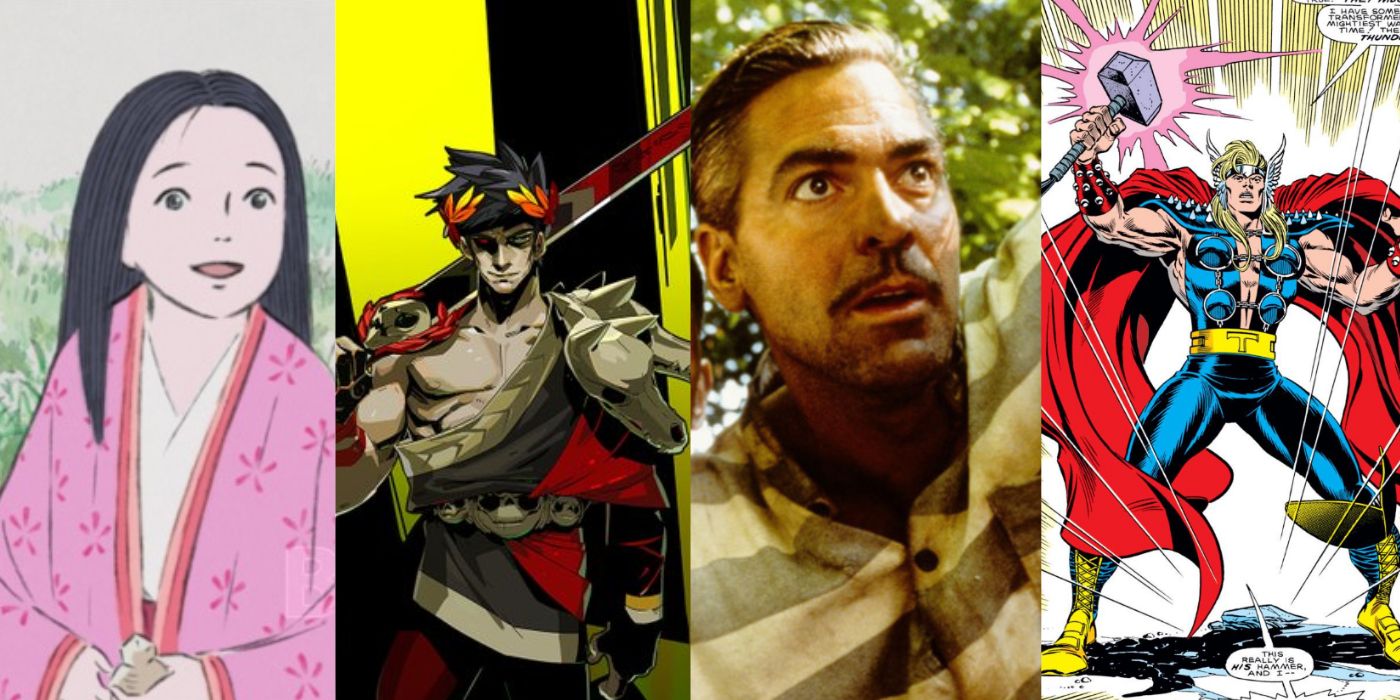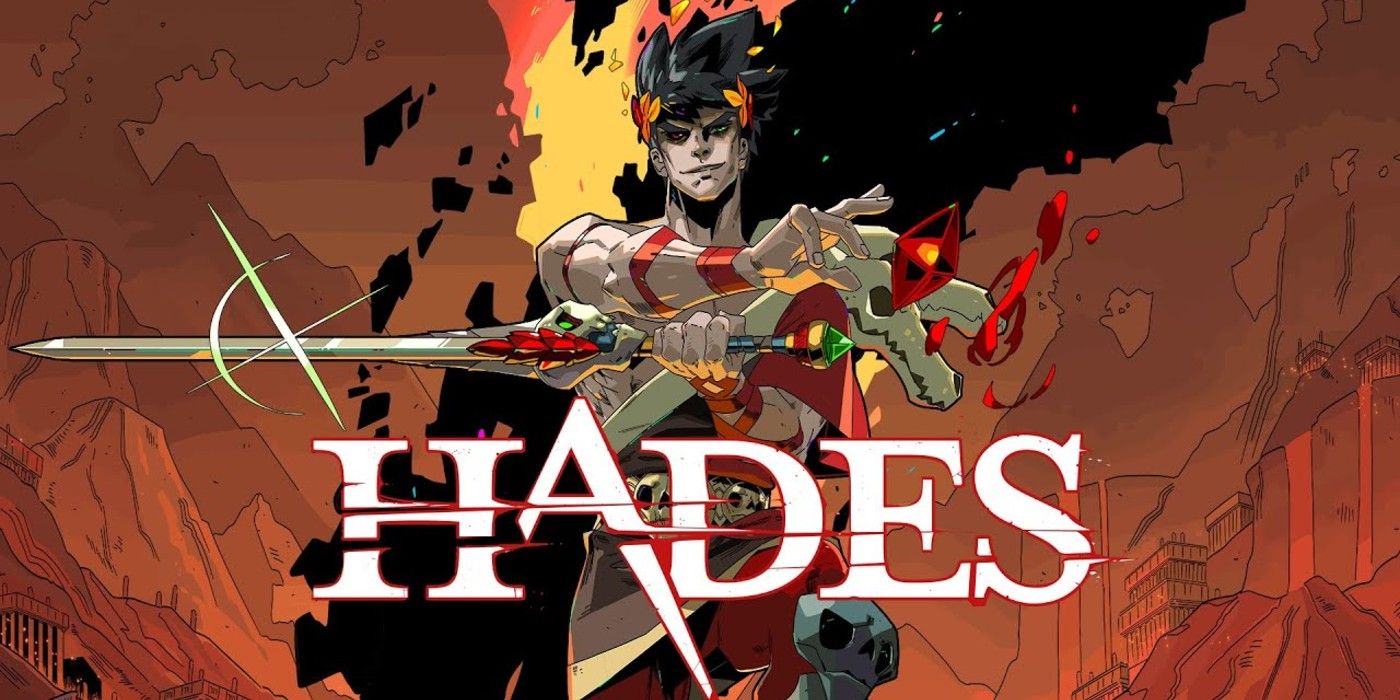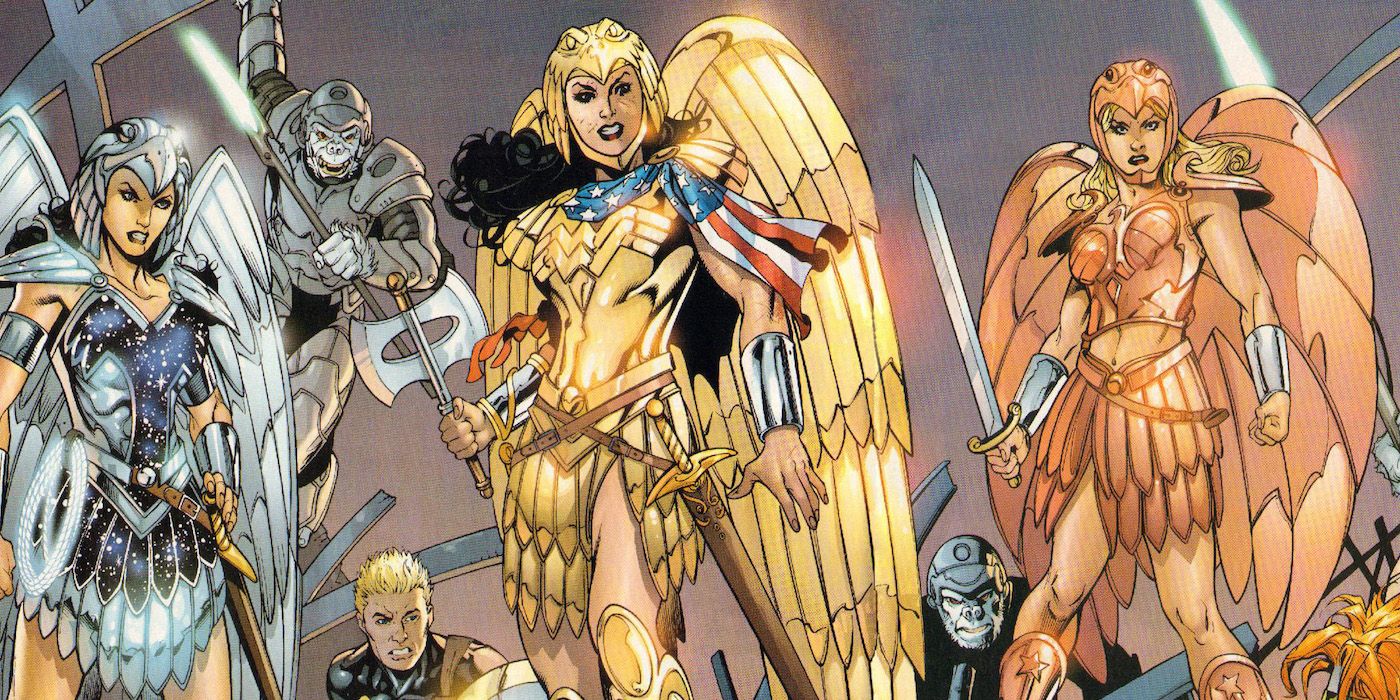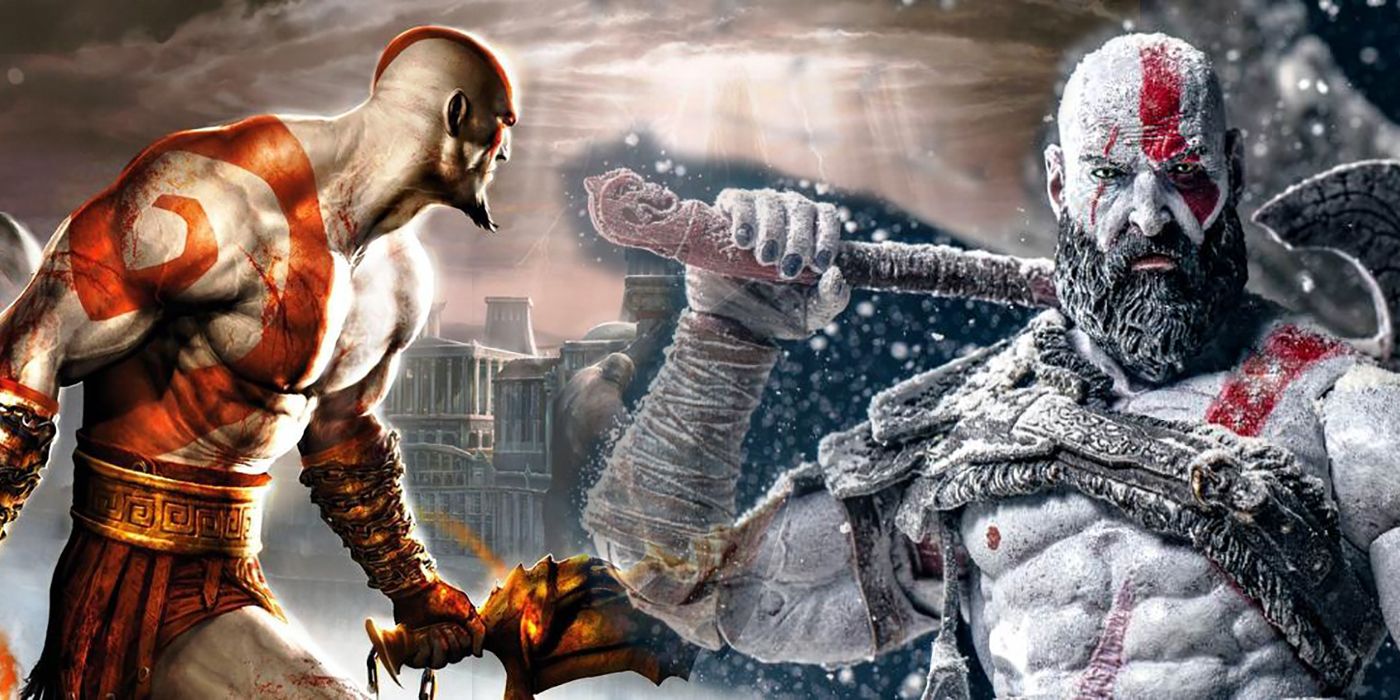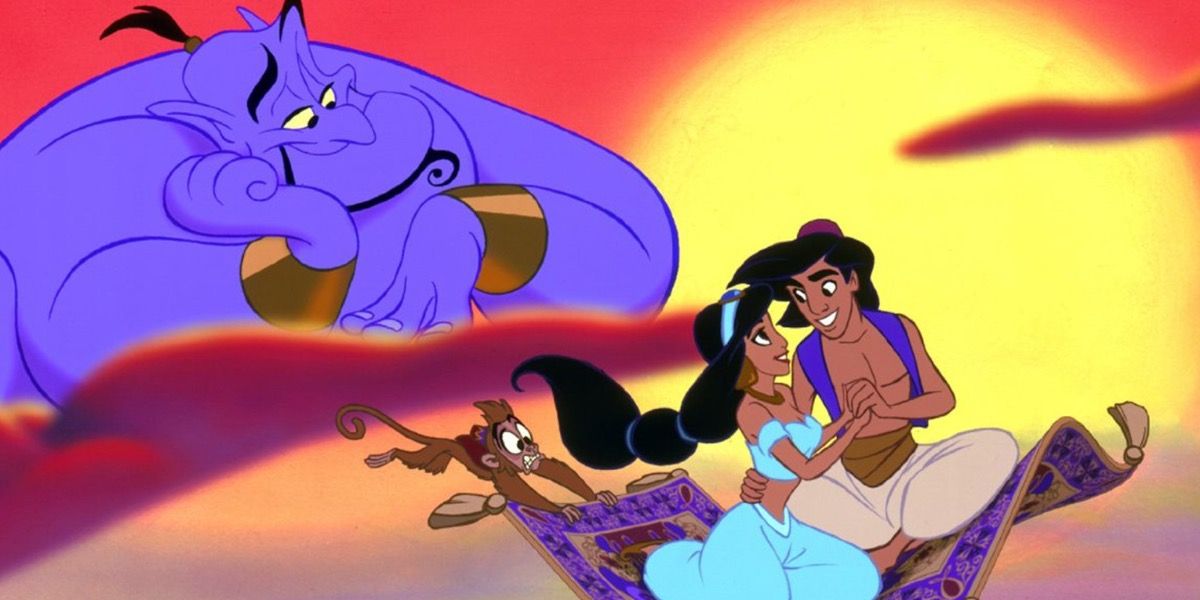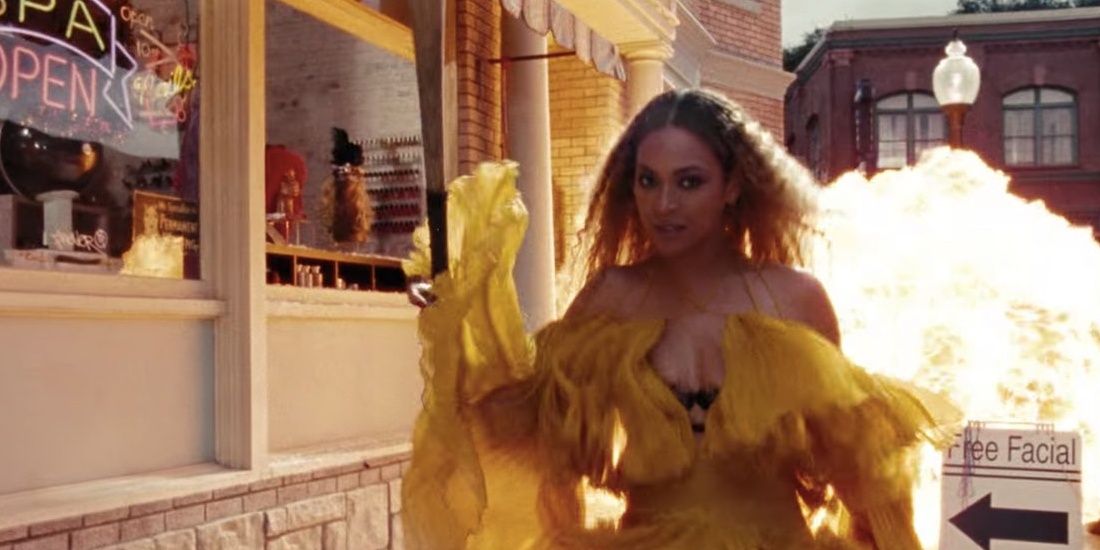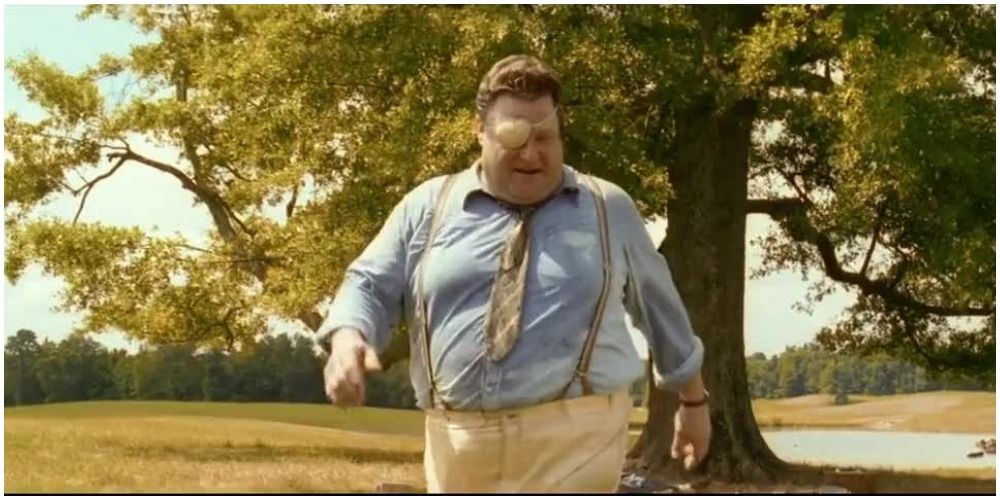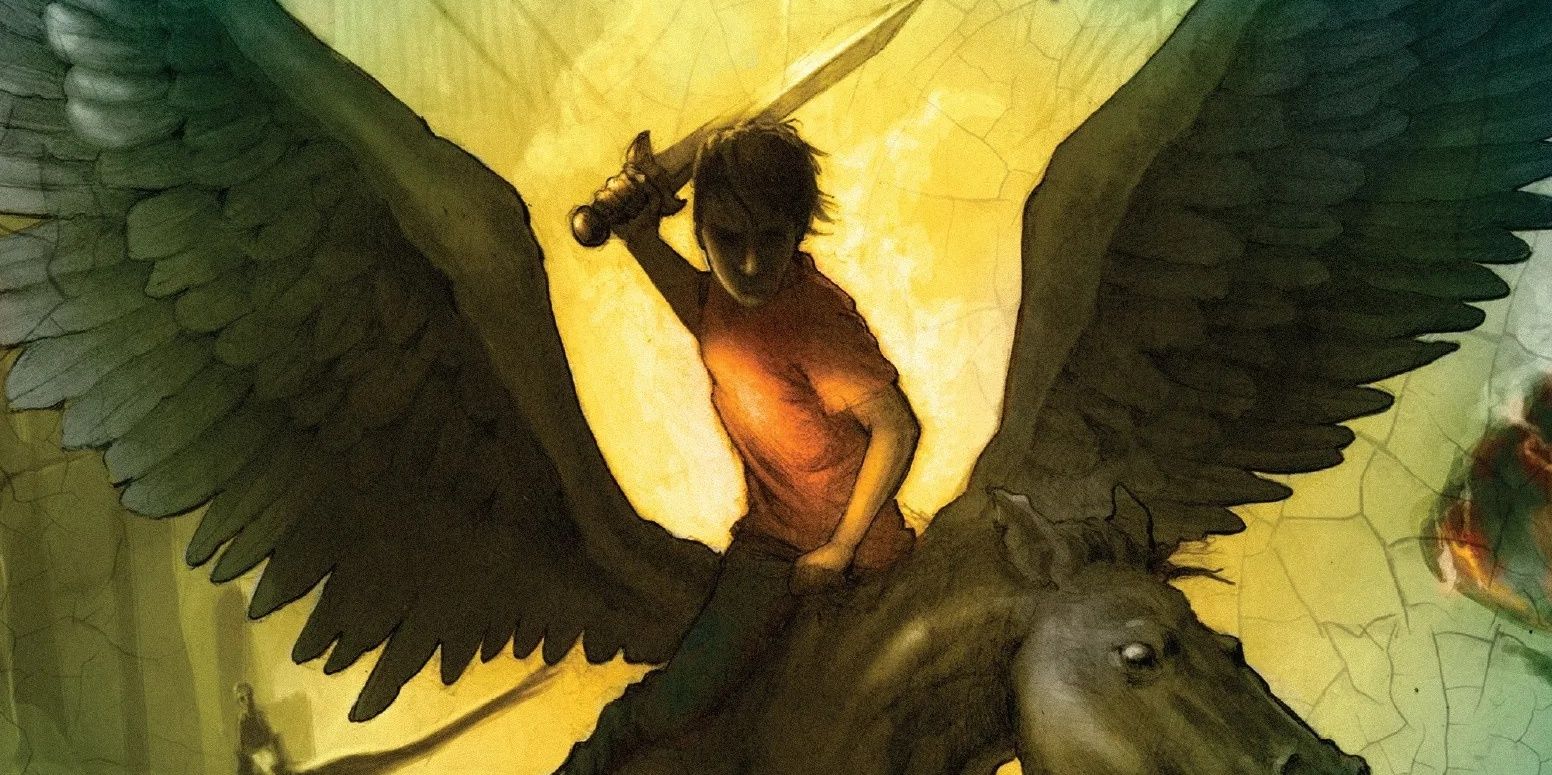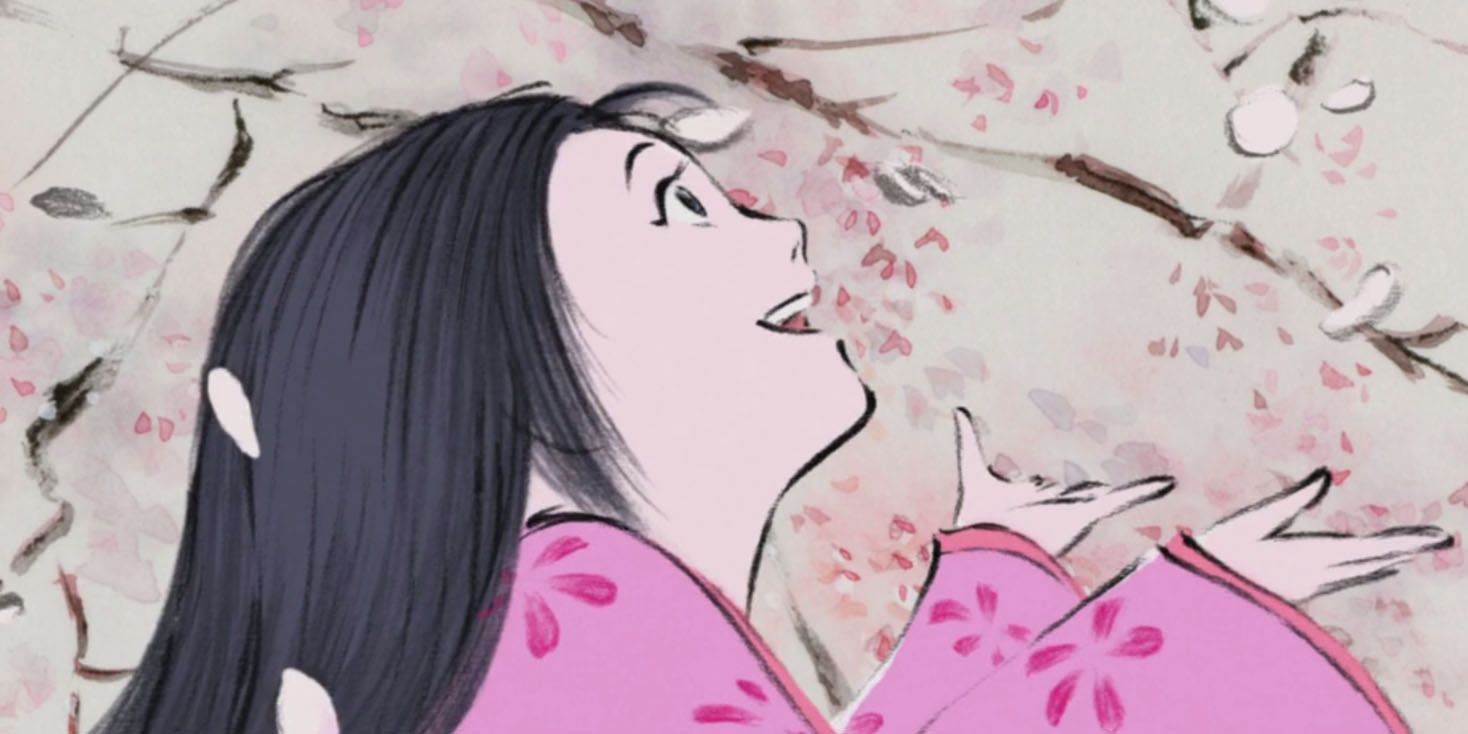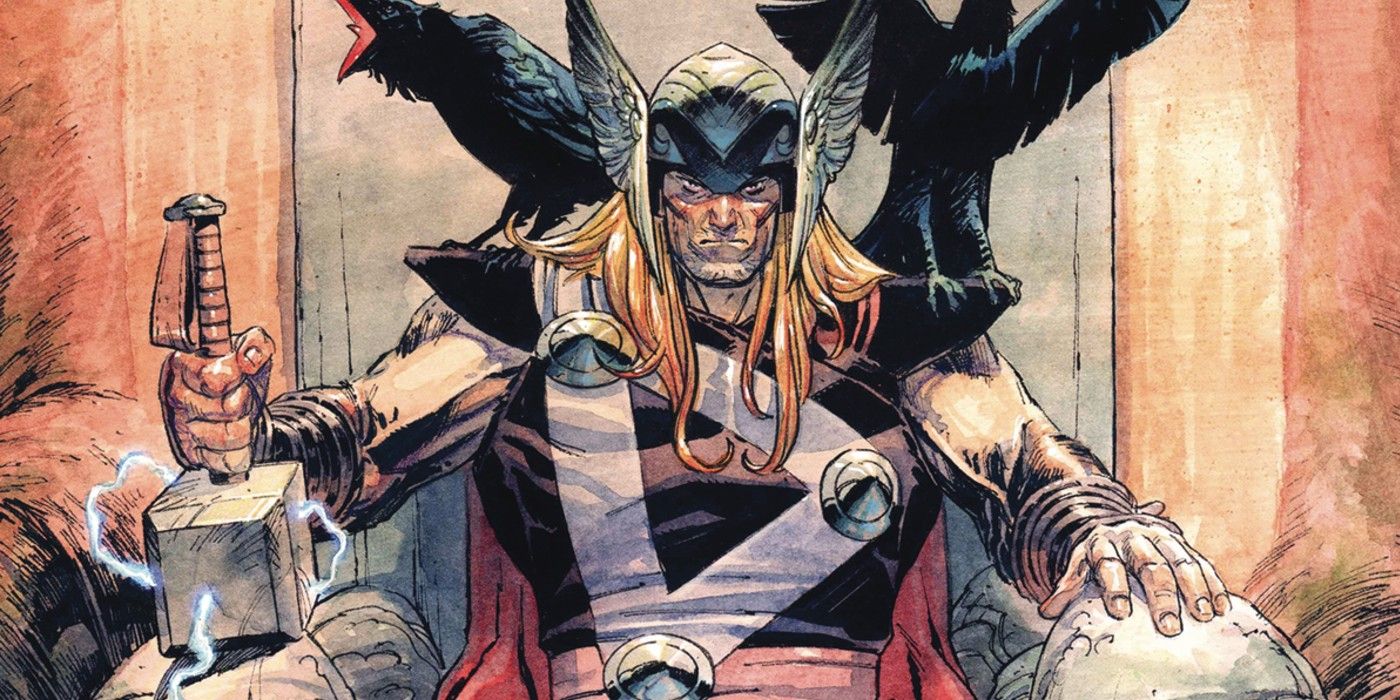Mythology and folklore have fascinated society since the beginning of time, leading to several reworkings and reinterpretations in poetry, literature, and oral traditions in history. The same can be said for modern-day pop-culture that tends to either faithfully adapt a legend of the past or update it according to present-day standards.
Gods and goddesses, heroes and heroines, and their mythical quests had caught the fancy of Hollywood filmmakers who capitalized on the wave of epic dramas and swords-and-sandals adventures, mostly inspired by Greek mythology. Greek myths continue to exercise their hegemony even though other traditions are also currently being incorporated, presenting more vibrant and diverse themes.
Hades (2020)
Greek religious and mythological accounts might vary on deciphering the true nature of Zagreus. Some refer to him as the son of Zeus, but the epic Alcmeonis links the character to the underworld, eventually bringing up the possibility of him being the son of Hades, the god of the dead.
In the 2020 action RPG Hades, Zagreus escapes the Underworld to reach Mount Olympus, encounters ghastly enemies that players can fight with a hack-and-slash combat style. Initially, the game was supposed to revolve around the Minotaur-slaying hero Theseus but Super Giant Games found him to be too generic a hero. Hades serves as a worthy update on its characters, considering both the titular god and his son are underrepresented in pop-culture.
Wonder Woman Franchise
Even though the Greek hunting goddess Diana and DC's legendary superheroine Diana Prince (Wonder Woman) are entirely different, the myth of the Amazons along with other characters like Ares and Zeus are directly influenced by Greek mythology. The city-state of Themiscrya features in the play Prometheus Bound by the ancient Greek writer Aeschylus who attributed the settlement as the home of the Amazons.
These were female warriors and hunters who also appeared in Homer's Iliad as women who don't engage in reproductive relations with women, and dwell in a self-sufficient civilization as shown in the Wonder Woman comics, series, and films.
God Of War Franchise
The hyperviolent gaming franchise by Sony has been a landmark effort in not only popularizing Greek deities but also revealing their ungodlike traits. Through the protagonist Kratos's eyes, one can see the pain and suffering that these revered Olympian gods can unleash on mortals. The initial entries in the franchise pitted the Spartan warrior against several gods and monsters to seek revenge for the death of his family.
However, in the later installments, an older Kratos seeks redemption with his son Atreus serving as a protagonist. Violence seems to rear its ugly head again as the father-son duo ends up fighting Norse gods this time.
Beowulf
The Anglo-Saxon hero Beowulf is the protagonist of the old English epic poem of the same name that was very roughly adapted for Robert Zemeckis' 3D-animated take on the epic. Heavily praised for its realistic visuals, the film takes its PG-13 rating to an extreme with enough grit to keep viewers engaged, regardless of their knowledge of the source material.
One major difference between the poem and Roger Avary and Neil Gaiman's screenplay was that the latter stars a war-weary Beowulf. As compared to usual mythical heroes, this version of the hero (voiced by Ray Winstone) is a broken man, burdened by his own flaws.
Aladdin
While Guy Richie's live-action remake has some merits, it's the Disney animated original that fans hold in their hearts. The film's general plot is inspired by the Middle-Eastern folktale popularly known as Aladdin and the Magic Lamp, a part of the collection titled One Thousand And One Nights.
While Disney also dealt with Greek mythology in the film Hercules, Aladdin has stood the test of time over the years, thanks to its animation and Robin Williams' voice acting. However, one aspect in which the 1992 has not aged well is in its use of negative stereotypes which fail to accurately depict or give nuance to the culture and region the film is portraying.
Lemonade (2016)
Beyoncé's 12-track album Lemonade was not just noted for its songs but also its visual beauty boasting of the singer's own creative vision and direction by auteurs like Melina Matsoukas. Even though the album's accompanying film is rich in historical imagery, certain allusions towards Yoruba traditions are also made.
In the Yoruba religion, twelve goddesses are worshipped by the practitioners of the faith, some of which seemed to be channeled by Beyoncé in some of the tracks. For instance, in Hold Up, she emulates Oshun, the goddess of love and marriage, who's forgiving to her loved ones but merciless towards her enemies. Similarly, the mannerisms of other goddesses are referenced both directly and indirectly throughout the album.
O Brother, Where Art Thou?
This musical-comedy by Joel and Ethan Coen is a retelling of Homer's Greek epic The Odyssey, set in Depression-era Mississippi. The storyline of three convicts escaping prison corresponds with the epic poem that details the travels of Odysseus, the king of Ithaca, as he journeys home after the Trojan War.
One of the most popular scenes from The Odyssey includes Polyphemus, an antagonistic Cyclops who's duped by the protagonist. In O Brother, Where Art Thou, a one-eyed character called Big Dan (John Goodman) is introduced. Similarly, the sea-god Poseidon ensures that Odyessus' journey is full of obstacles. This can be compared to the film's ruthless Sheriff Cooley (Daniel von Bargen).
Percy Jackson Franchise (2005-)
Rick Riordan's five-part book series, Percy Jackson & The Olympians offered a new version of the popular Greek myths, introducing the pantheon's gods and creatures to a Young Adult demographic. The central figure happens to be the titular demigod who embarks in several mythological realms, where he encounters modern versions of the Greek figures, breaking away from their archaic tropes.
Riordan went on to write several other spin-offs, including even the likes of Egyptian gods. The two films in the franchise turned out to be disappointing but the author is directly involved in an upcoming Disney+ series.
The Tale Of The Princess Kaguya (2013)
The watercolor-based visual style of this 2013 historical fantasy/coming-of-age tale set it apart from other popular Studio Ghibli productions. And yet, it instantly garnered cult status and remains to be one of the Japanese studio's best works.
The Tale of the Princess Kaguya doesn't shy away from its critiques of beauty standards for women and issues of patriarchal control. Adulthood, materialism, and several other themes are also touched upon while the plot around the divine princess, who was once found inside a bamboo stalk by an aging bamboo-cutter and his wife. The film takes inspiration from The Tale of the Bamboo Cutter, a work of Japanese folklore from the 9-10th century.
Thor Franchise (1962-)
The Norse thunder god found new life when Marvel Comics built a mythos around him, including other Scandinavian deities like Odin and Loki. In the comics, supporting characters like Jane Foster have also shared the mantle of Thor, wielding his hammer Mjolnir.
With the character's comics and the MCU films, the character of Thor has been humanized as a once-arrogant god who learns valuable life lessons with his time spent on Midgard aka earth. His metamorphosis from a god to Asgard's savior is quite evident in Thor: Ragnarok, the third act of which finds Thor saving as many Asgardians as he can even as the realm succumbs to destruction.

